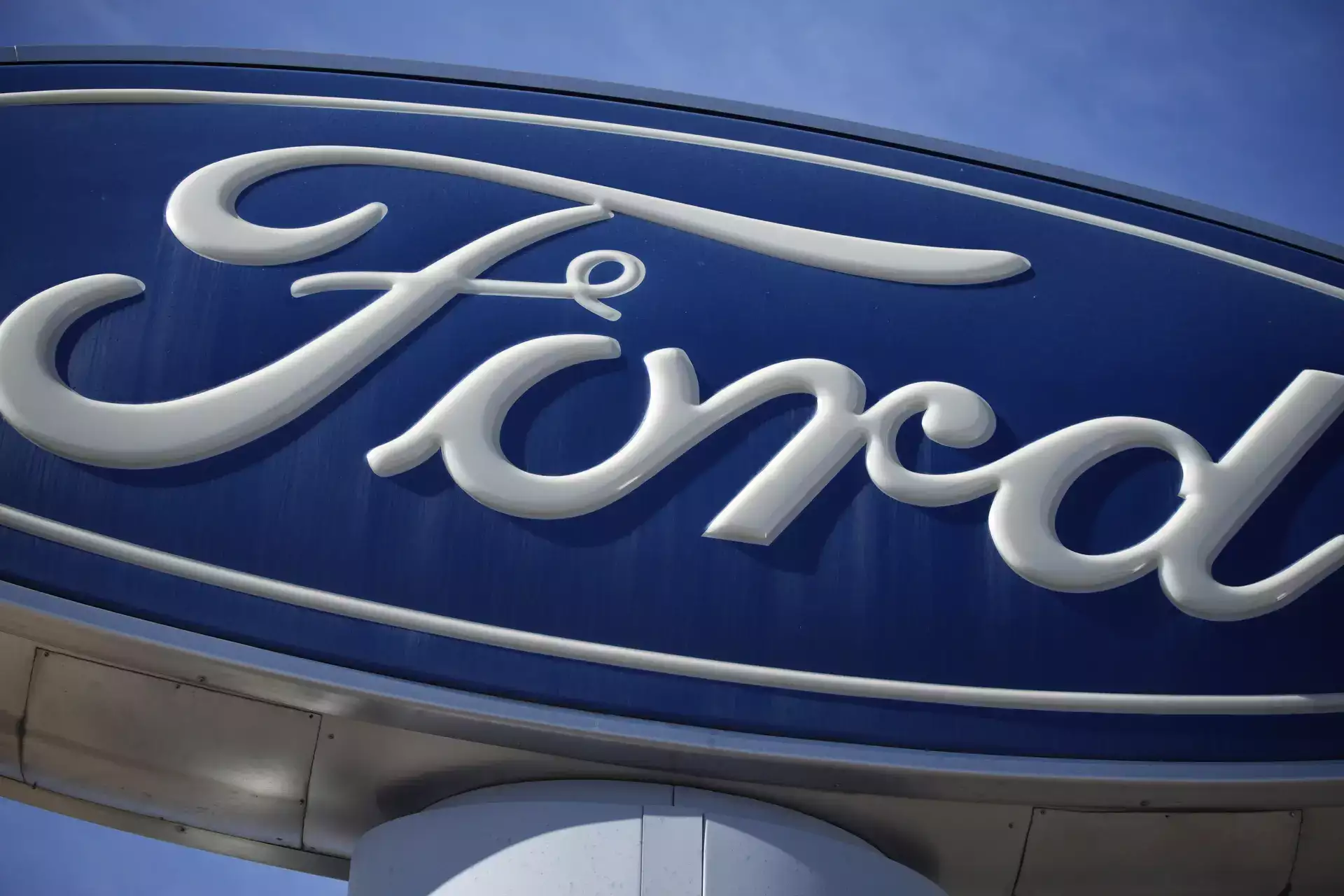
Ford, General Motors and other carmakers have delayed or cancelled new electric models to avoid spending heavily on vehicles that consumers are not buying as quickly as anticipated.
"With pricing and margin compression, we've made the decision to adjust our product and technology roadmap and industrial footprint to meet our goal of reaching positive EBIT (earnings before interest and tax) within the first 12 months of launch for all new models," Ford Chief Financial Officer John Lawler said in a statement.
Ford also said it is adding a new electric mid-sized pickup and van to its future lineup as it doubles down on a strategy it has used in recent years, focusing on segments where it is already strong: pickup trucks and commercial vehicles. Ford's shares rose 1.1%.
The Dearborn, Michigan-based automaker has instead thrown more investment into hybrid vehicles, which combine an electric motor with a gasoline engine. Hybrid sales by Ford, Toyota and other carmakers have surged as consumers turn to the technology as a less costly halfway step between gas-powered cars and EVs.
"The criticism Ford will have to face is why its product plan was not more flexible from the beginning, why it has been slow to implement these changes, and why investors will need to wait for a comprehensive update until next year," Bernstein analyst Daniel Roeska said in a research note.
Ford CEO Jim Farley has said one of the main solutions to slowing EV sales growth is bringing the production costs around those models down. That is a key goal for the future health of the company, which is expected to lose up to USD 5.5 billion on EVs this year alone.
As Chinese competitors and Tesla continue to drive down costs on EV production, Farley has said he is staking the future of Ford on its specialized team in California, which has been developing an architecture for affordable EVs. The first vehicle based on that new technology will be the mid-sized electric pickup released in 2027.
The automaker will take a special non-cash charge of about USD 400 million for the write-down of certain assets for the previously planned three-row SUVs, which may also result in additional expenses and cash expenditures of up to USD 1.5 billion.
Given the increasing emphasis on hybrids, Ford said its share of annual capital spending dedicated to pure EVs will decline to about 30% from 40%.
Ford said it will start making an electric commercial van at its Ohio Assembly plant in 2026, hoping to capitalise on its success in the gas-engine commercial vehicle market.
Meanwhile, the long-awaited successor to Ford's F-150 Lightning electric truck is again delayed, now to the second half of 2027 from an initially planned 2025 launch, a move the company said will allow it to take advantage of lower-cost battery technology.
While Ford is shelving plans to produce an electric three-row SUV, it is moving to hybrid vehicles in that segment, aiming to woo customers with longer-range vehicles for road trips.
Ford also said it will relocate some battery production to qualify for incentives under the U.S. Inflation Reduction Act (IRA) and further drive down costs, a top priority for Farley.
The carmaker will move some production of the batteries it makes with South Korean battery partner LG Energy Solution for its Mustang Mach-E cars from Poland to Holland, Michigan.
"An affordable electric vehicle starts with an affordable battery," Farley said in the statement.
Another battery joint venture, with SK Innovation in Kentucky, will begin manufacturing cells for the E-Transit van beginning in mid-2025 and batteries for Ford's new electric commercial van in Tennessee in late 2025.
The automaker said lithium iron phosphate (LFP) battery production is on track to begin in 2026 at its battery park in Michigan and will qualify for IRA benefits.
Ford licenses technology from Chinese company CATL for its LFP batteries, an agreement that has come under heavy criticism from some lawmakers. The terms of that agreement are unchanged, a Ford spokeswoman said.
Ford said it will provide an update on electrification, technology, profitability and capital requirements in the first half of 2025.
Disclaimer: The copyright of this article belongs to the original author. Reposting this article is solely for the purpose of information dissemination and does not constitute any investment advice. If there is any infringement, please contact us immediately. We will make corrections or deletions as necessary. Thank you.





